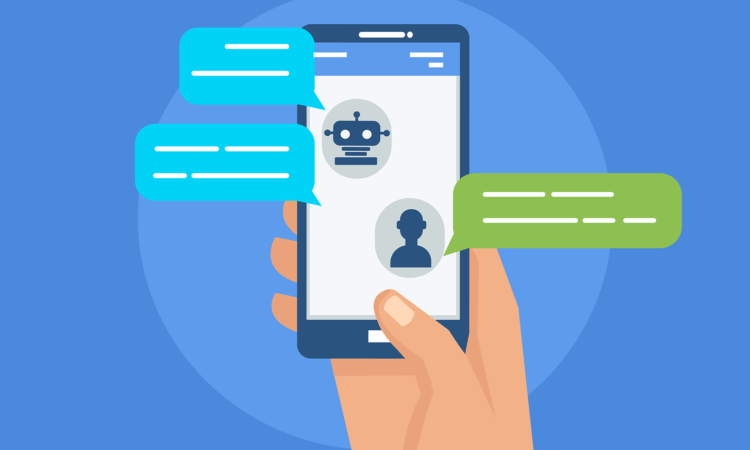New Delhi: Indian Railways is exploring the use automated chatbots, a first for the rail sector, so as to respond faster to train-related queries and enhance customer experience.

The possibility of use of chatbots were showcased at a recent railway conference on Artificial Intelligence (AI) and a high-level committee is being constituted to take it forward-in close coordination with one of the software giants — Microsoft or Oracle.
Chatbot, short for chatterbot, is a computer programme that simulates human conversation through voice commands or text chats, or both, using AI.

According to the action plan being actively considered by the national transporter, the chatbots would address queries on schedules, ticket availability, trains for particular destinations and other such rail travel-related issues.
Indian Railways explores chatbots to address train passengers’ queries:
Currently the system relies on manual or SMS/IVRS technology for addressing passengers queries.

The existing customer service over phone needs one to pick up the phone, dial the number and, finally, the response is some pre-fed text which is read by the customer representative from screen.
“Now there is a plan to use the advancement of AI technology for customer service, as the idea is ubiquitous,” said a senior Railway Ministry official.

“The application can be deployed on a smartphone or laptop and can be used through voice chat or text chat,” he added.
Chatbots cannot be human, but they can think and respond to queries like humans do — and devoid of human bias. Their use is emerging as the next big platform for information exchange for today’s smartphone-carrying generation.






